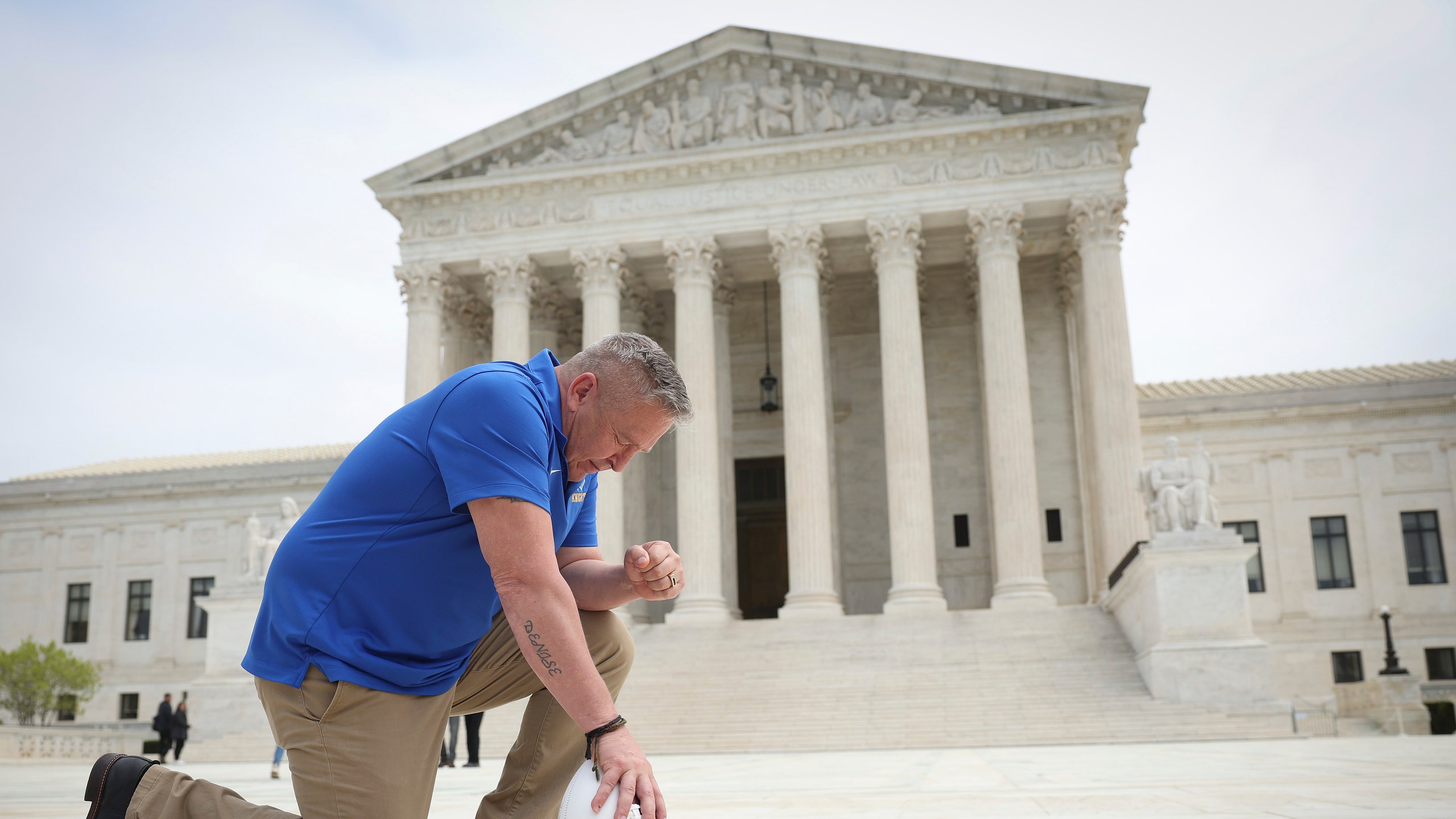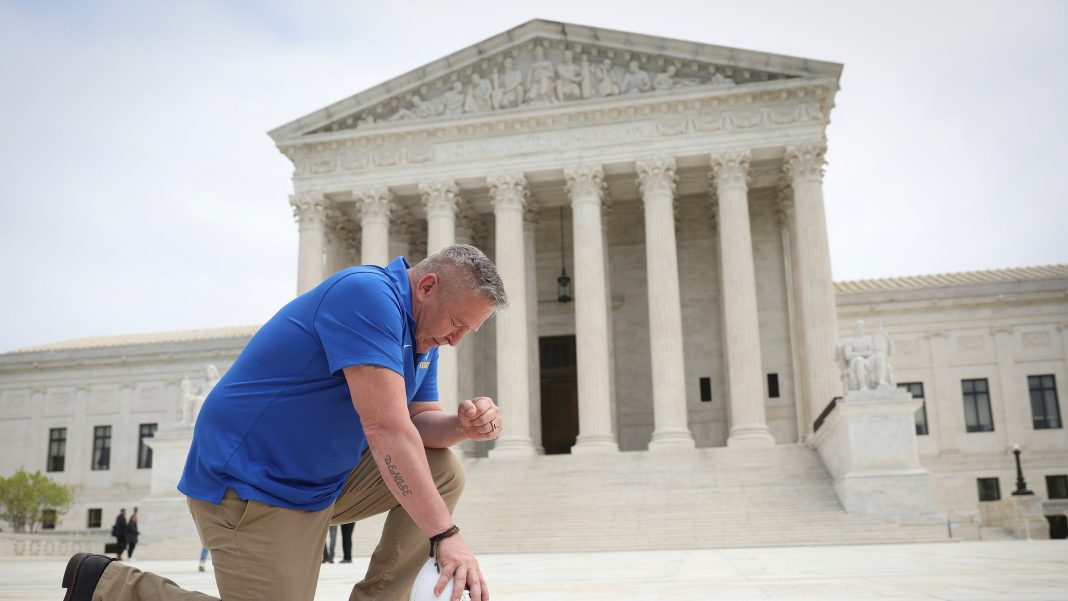 Wireless providers like T-Mobile, AT&T, and Verizon have been facing lawsuits from women who claim that employees stole intimate images or videos from their phones during in-store data transfers. These cases have often been dismissed because the companies argue that they were unaware of the employees’ actions and therefore not liable. However, a recent court ruling may change this. Legal experts believe that the ruling could lead to wireless companies facing liability in future litigation, prompting them to address hiring, training, and data safety practices that have led to these violations.
Wireless providers like T-Mobile, AT&T, and Verizon have been facing lawsuits from women who claim that employees stole intimate images or videos from their phones during in-store data transfers. These cases have often been dismissed because the companies argue that they were unaware of the employees’ actions and therefore not liable. However, a recent court ruling may change this. Legal experts believe that the ruling could lead to wireless companies facing liability in future litigation, prompting them to address hiring, training, and data safety practices that have led to these violations.
The latest lawsuit against AT&T was filed in California state court by a woman identified as Jane Doe. She alleges that an employee at a Los Angeles store stole her nude images and distributed them after she upgraded her iPhone and sought assistance with transferring her data. The C.A. Goldberg law firm, representing the plaintiff, believes that this case now has a better chance of surviving and going to trial due to a recent court ruling against T-Mobile. The ruling, made by Judge Stanley Bastian, allowed a similar case against T-Mobile to proceed after the company attempted to have it dismissed. The law firm describes this ruling as a “landmark” decision, as it is the first of its kind against a wireless carrier accused of negligence for hiring employees who steal customer data.
Laura Hecht-Felella, one of the lead attorneys in both the T-Mobile and AT&T cases, emphasizes the importance of holding phone companies accountable for privacy violations. She believes that the ruling sets an important precedent and hopes that it will encourage these companies to improve their safety and privacy protections for consumers. Carrie Goldberg, the founder of the law firm, adds that the goal is not to attract more cases but to push companies to have better safeguards in place.
The case against AT&T is just one of several similar allegations. The complaint states that at least six other accusations have been made against AT&T in the past, and numerous cases have been reported across other providers such as T-Mobile and Verizon. Goldberg suspects that these cases are just the tip of the iceberg and that there are likely more instances that have gone undetected. She emphasizes that as a society, we trust these cellular providers with our most private information, and their employees have the potential to steal and share this data.
Andrew Stengel, a New York attorney specializing in cases involving the nonconsensual disclosure of intimate images, believes that the recent court ruling will improve the chances of future cases surviving motions to dismiss. He explains that the precedent set by the ruling will give judges pause and provide ammunition for attorneys arguing against dismissal. Stengel also notes that if these lawsuits proceed, the discovery phase could reveal damning information and increase liability for wireless carriers.
While the Washington court ruling is not binding, Goldberg expects it to be influential. She believes that it will force phone companies to make changes and prevent these abuses. Goldberg asserts that if companies consistently hire individuals who violate customer privacy, then it is the company’s fault. Overall, this ruling has the potential to bring about significant changes in the wireless industry and ensure better protection for consumers’ privacy.


